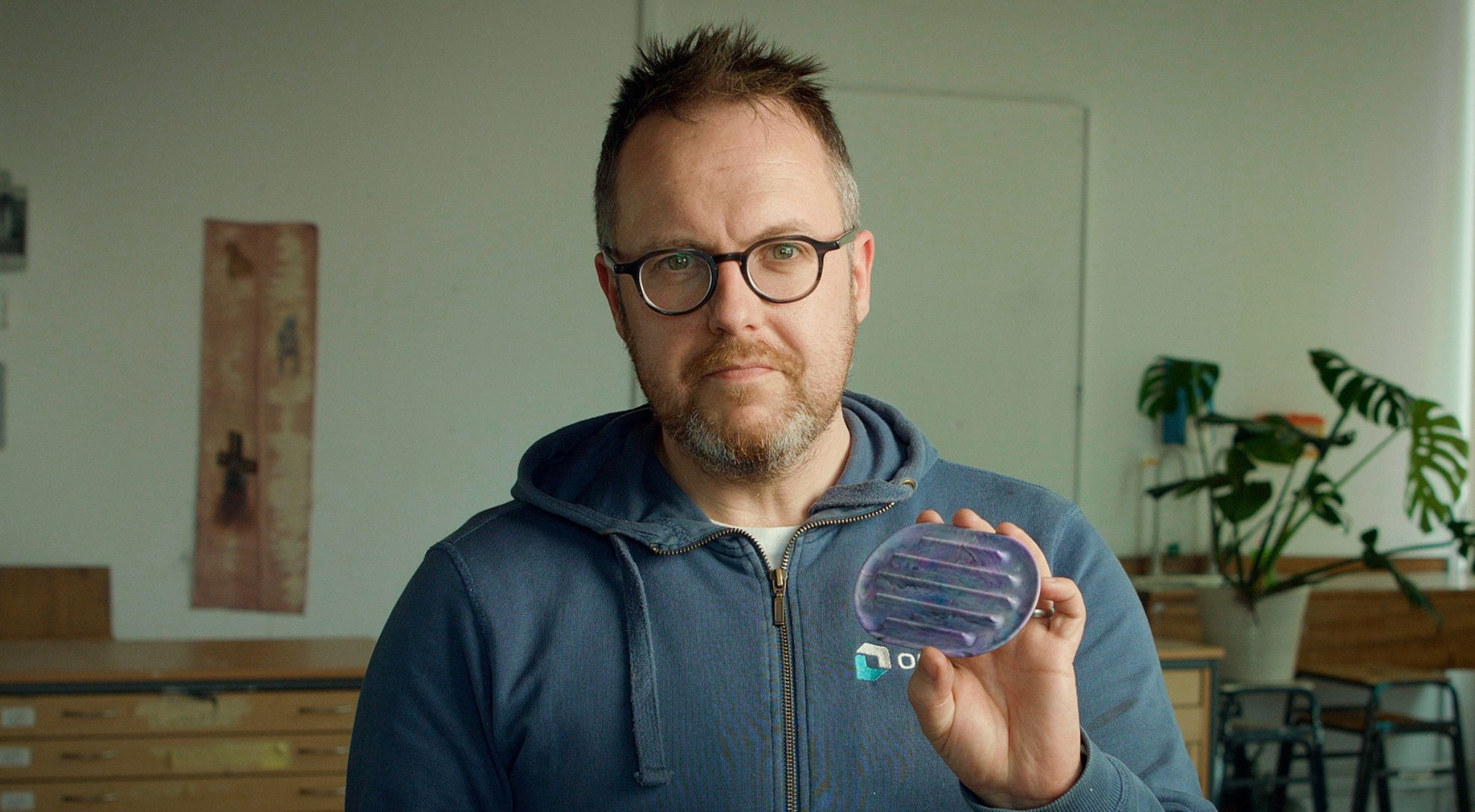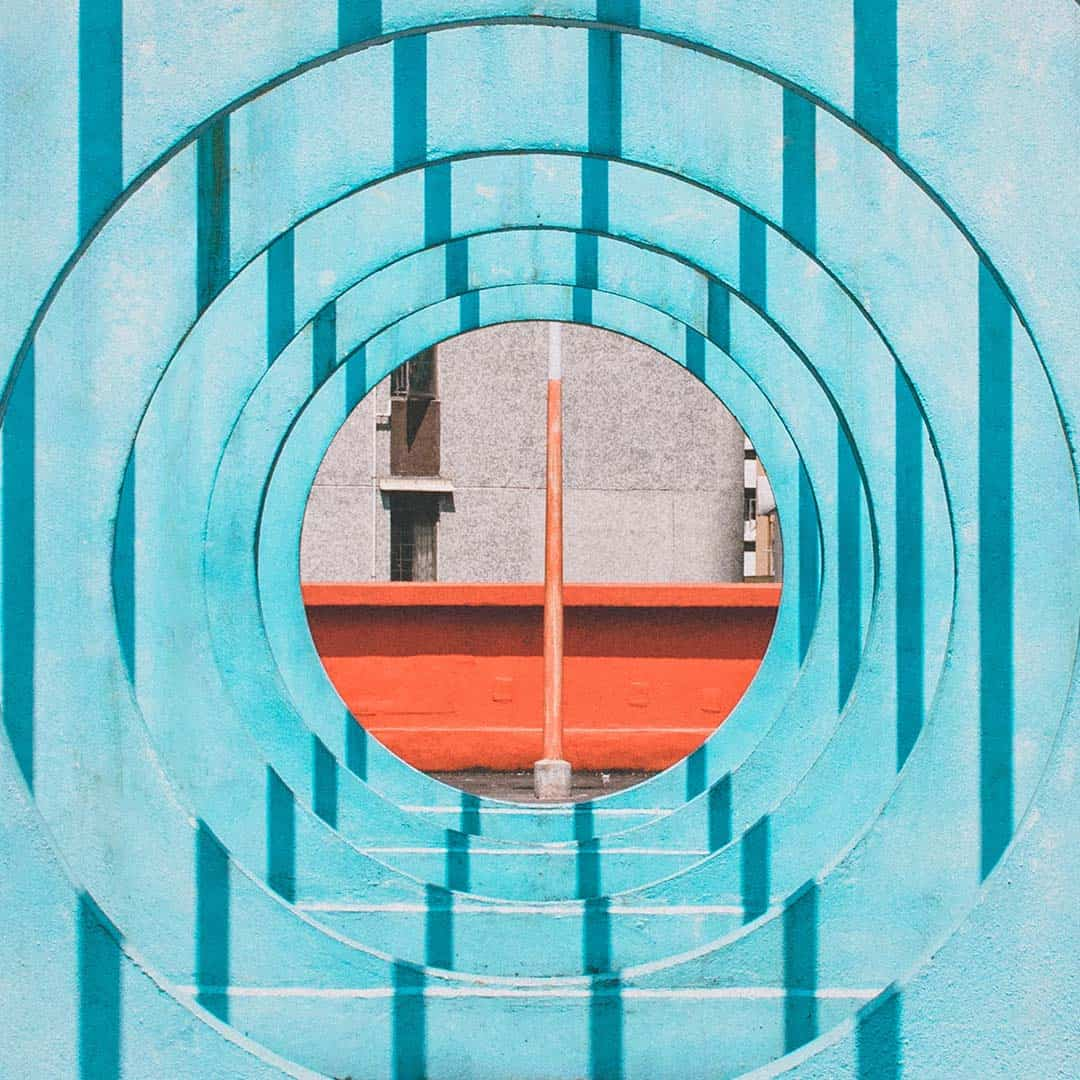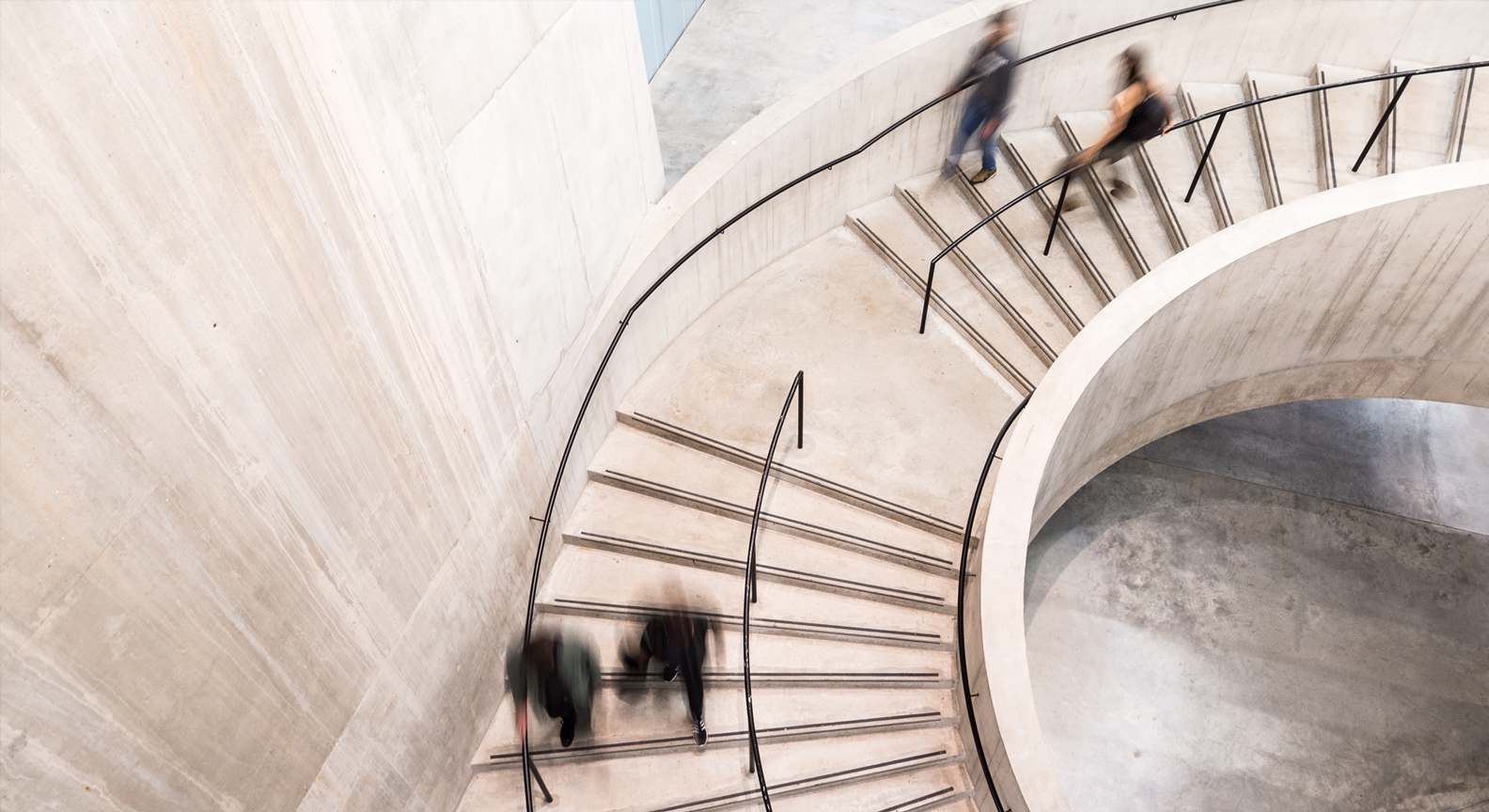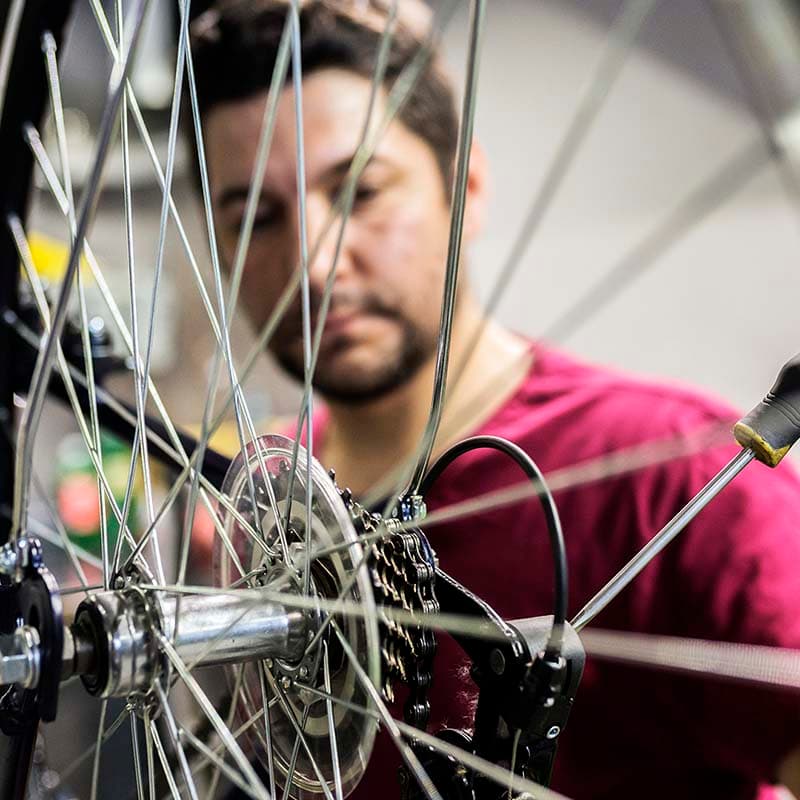
‘Plastic fantastic’ boost to circular economy providing results across Scotland

The true aim of a circular economy is to ‘keep’ materials and objects ‘in use’ for as long as possible.
In Aberdeen, a new approach to the issue is being fostered by Origin and they believe strongly that plastic can be valuable if managed properly.
Limiting the carbon footprint
The team, which is made up of staff and students from Gray’s School of Art have been working on this circular model for the past three years. They have developed technology that allows them to recycle materials and design new products that are produced at the source of waste, with no travel required.
To limit the carbon footprint of the approach, Origin have challenged themselves to design and develop products to service the local community, first.
Origin’s Daniel Sutherland, who has been working with the Zero Waste Scotland team for some time, said “Plastic can be fantastic, it’s just that we currently use it terribly, and what we are trying to do is change that.
“Our aim is to disrupt the circular model, so we take plastics from Aberdeen, we design cool products in Aberdeen, we break down the plastic and shred it in Aberdeen, we mould it into new products in Aberdeen and we sell it in Aberdeen.
Leveraging the power to design
“So, we have a circular model that is very transparent and people who engage with our company and the products we create can see where the plastic comes from, how it is used, what products are made. From here, they see that the carbon footprint associated with that process is massively different from the more traditional process.
“Imagine that process being implemented in Inverness, Glasgow, Edinburgh – all around the country then those localised impacts can quickly become a major national impact.”
Origin is now working with organisations including Historic Environment Scotland (HES) where they produce a recycled plastics product range for their ‘flagship’ store at Edinburgh Castle.
“We are not recyclers, we are designers, but we want to be able to leverage the power to design products that use plastics that are reprocessed and recycled by recyclers at much higher volumes.
“HES sells around 150,000 fridge magnets each year and previously the vast majority of those came from places like China. As you would expect, they are moving at pace to make the organisation more sustainable – it is a very serious concern for them.
Part funded by the European Regional Development Fund.
“They are the perfect people for us to be talking to and we have taken plastic from their sites to produce products which they now sell in their shops. This demonstrates a real circular loop, and it has worked extremely well for all involved.”



